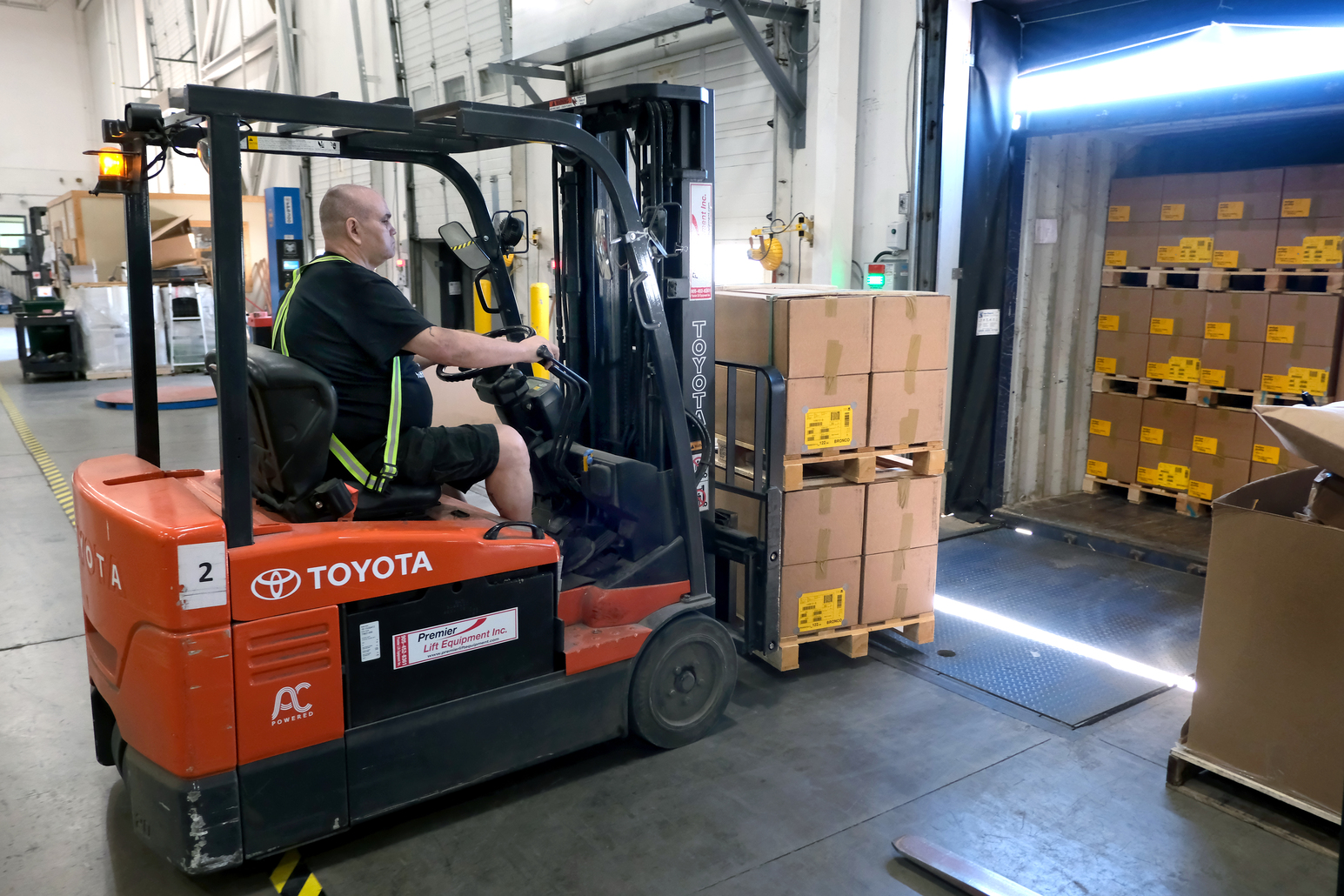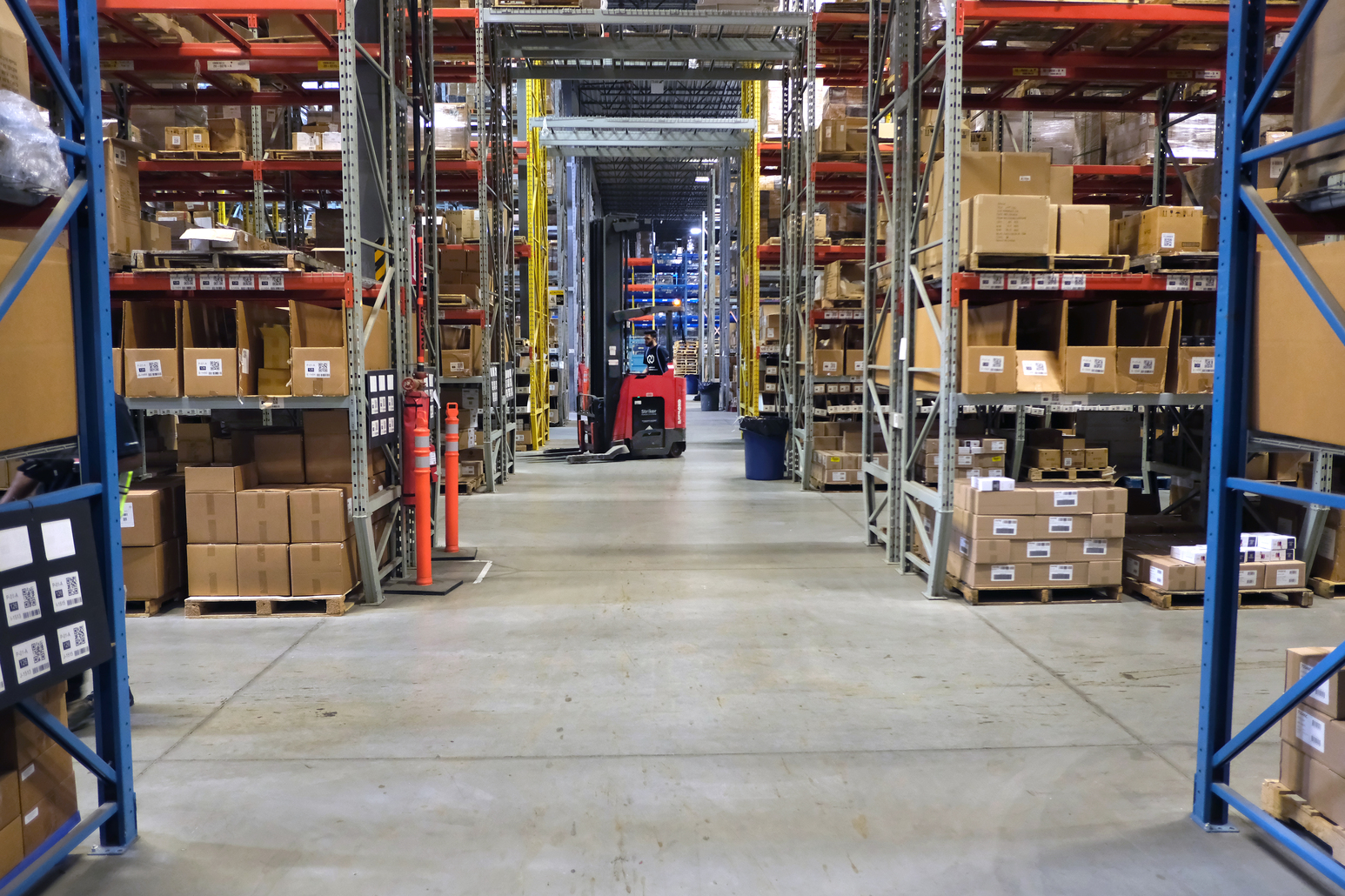Several Countries Ban Canadian Poultry after Avian Flu Found in British Columbia
Just over 6 months ago, as many as 7 countries have banned the importation of Canadian Poultry because of the Avian Flu epidemic in British Columbia. However it seems to be a two-way street as Canada has also banned imports from at least 5 states in the US. According to the Huffington Post, the countries that have imposed bans are the United States, Japan, South Korea, Taiwan, China, South Africa, Saudi Arabia and Mexico. Some have solely banned poultry from B.C. but some have placed the ban throughout Canada.
What is Avian Flu?
According to Medical News Today, “Avian Flu, also known as bird flu and avian influenza, refers to flu caused by viruses that infect birds and make them ill. It is an infectious disease caused by Type A strains of the influenza virus. HPAI is the more virulent of the strains and can affect several types of birds including domestically farmed poultry such as chickens, geese, turkeys and ducks.???
CFIA (Canadian Food Inspection Agency)
The CFIA has confirmed at least 5 poultry farms in BC have been affected and hundreds of thousands of turkeys and chickens have been euthanized. The losses for the Canadian Poultry Industry run into the hundreds of millions of dollars as a result of the ban abroad and domestically.
In turn, the IF Press reports that Canada has banned the import of poultry and eggs from at least 7 states in the US. Most recently added to the list are the states of Montana and South Dakota to go along with Kansas, Arkansas, Missouri, Minnesota, California, Idaho, Oregon and Washington who are already under restriction until further notice.
Even though health officials are downplaying the avian flu risk to humans (as long as the poultry and eggs are prepared properly), the CFIA ban is meant to prevent any further spread of the virus. However, the spread could be caused by migrating birds such as Canada geese and others.
Exporting to Other Countries
It is the exporter’s responsibility to ensure that any importing countries of poultry products are acceptable by the authorities. And, verification of the requirements and handling must be verified. The CFIA has prepared a checklist of requirements that are the onus of the exporter but assumes no liability if there are issues in the importing country.
Inspectors from the CFIA perform a critical role for exporters providing both verification and certification in accordance with their Manual of Procedures that outlines the requirements of the receiving country. They are also qualified to control export markings in the form of stamps and stickers, origin verification and the issuance of the required exporting documents. Once these procedures are complete, they will submit the data to the certified veterinarian.
The veterinarian will then perform their duties and if satisfied with all of the requirements of the receiving country (even to the point of expert translation of foreign languages), the export certificate can be issued although some countries will demand other certification. All of this must be completed prior to the shipment exiting Canada.
Note that once the certification is complete, absolutely no corrections are allowed. If errors are identified, the certificate then becomes ‘void’ and the shipment is no longer allowed for export.
Controlling the Epidemic
This is not Canada’s first experience with the Avian Flu with the first outbreak occurring in 2003. The strain virtually disappeared for a time only to arise again late last year. The same results are expected this time around and it might be compared to a similarly repeated outbreak of Mad Cow Disease. So with proper steps administered, the epidemic will likely run its course although it is quite likely it will become a cyclical issue.
As the Canadian authorities continue their routine inspections of poultry farms across the country, it is essential that farmers and the actual exporters to allowed destinations remain compliant with the CFIA and CBSA.
Licensed customs brokers and certified freight forwarders can help to initiate the export permit process and any other certification required by Canada or by the importing country. They can help to determine the eligibility for the export to countries that do not already have a trade restriction for poultry and eggs. The Federal Affairs and Trade Commission is releasing up to date information as it transpires and introducing new directives to keep exporters compliant.
What is the latest news on this issue?
While the problem is far from over, the Government of Canada and the British Columbia have funded nearly 1.6 million CAD to recover the cleaning and disinfecting expenses that poultry farmers have incurred.
According to The Poultry Site, “The AgriRecovery and AgriRisk initiatives are part of the suite of federal-provincial-territorial (FPT) business risk management tools under Growing Forward 2.???
“The value of government and industry partnership has been evident in our successful response to the avian flu outbreak, and this funding is one more step in that process. By helping BC’s impacted poultry farmers recover the cleaning and disinfection expenses they incurred in helping to limit the viruses spread, we’re encouraging BC’s farmers to continue their hard work in providing local, high-quality foods,” said British Columbian Agriculture Minister Norm Letnick.
Mantoria will continue to provide updates over the coming months to our customers that are affected and the visitors to our site. At Mantoria Inc., we have a team of customs and freight experts each individually trained to ensure compliance for all international shipments, both export and import. Partner with us to put our combined decades of experience to work for you.



